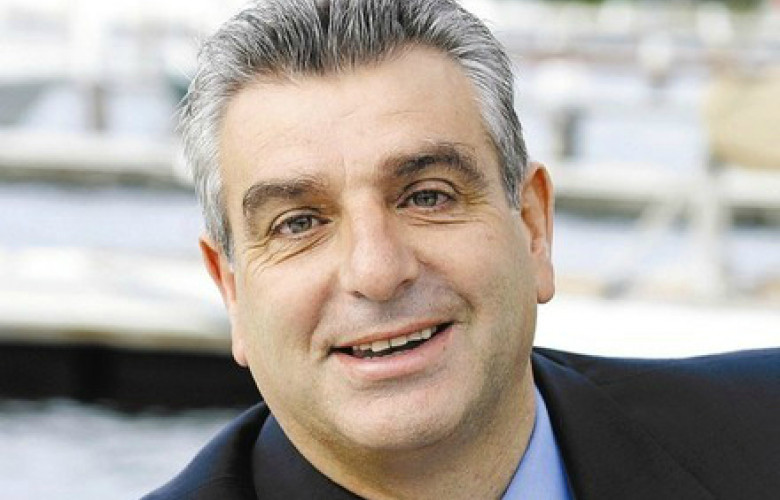Australia is not being 'sold off' to Asians
Contact
Australia is not being 'sold off' to Asians
“My personal view was it was vote getting, and they were out there to try and get those because of this undertone that we’re selling our country off to the Asian marketplace which is absolutely incorrect."
“They’ve made a huge mistake,” says Bill Malouf, licensee of LJ Hooker Double Bay and one of the country’s top luxury real estate agents, of Treasurer Joe Hockey’s decision to force the sale of Villa del Mare. Malouf sold the $39 million Point Piper mansion to Chinese businessman Xu Jiayin. “We’ve had no discussion in regards to it,” says Malouf when asked if Hockey’s office has consulted the agents who sell Australia's most expensive homes as they look at rewriting the FIRB rules.
Malouf said that he and co-agent Ken Jacobs have not been given an indication on what the owner will do at this stage. “Do I have people interested in the property? Yes, but we’ll wait and see what the client does,” he says. “Giving somebody 30 days to sell a property of that nature seems not a fair situation to be in, and how the actual owner responds to that is entirely up to him. I don’t have an indication at this stage.”
Malouf thinks the government chose to force the divestment of Villa del Mare to make a political statement. “My personal view was it was vote getting, and they were out there to try and get those because of this undertone that we’re selling our country off to the Asian marketplace which is absolutely incorrect,” he says. “Between January 2013 and end of 2014, there were 16 $19 million+ sales, we’re only talking about the eastern suburbs, and 12 of those were sold locally to people that were upgrading, and four of them were sold to international Chinese buyers, and a couple of them to ex-pats coming back. Those numbers aren’t staggering that we’re ‘selling off’ our prestige real estate to the Asian marketplace,” he says.
“There is no doubt that the Asian marketplace is driving the off the plan unit sales right across Parramatta, Botany, Chatswood, Hornsby, but what is wrong with that? These are families out of Beijing or Shanghai that have got children at universities here, Sydney university, New South Wales university, Macquarie university, and they’re buying properties for their kids for the future. I don’t have a problem with that.”
Malouf says he is concerned about the Treasurer’s position in regards to foreign investment. “They’re also coming here and investing their money in businesses in Australia, in farms in Australia, in cattle, in sheep,” he says. “We’re prepared to take their money for that but now we’re saying you can’t buy property here? It’s mixed signals. They’ve actually frozen the 888 visa at the moment and are rewriting the rules on how that’s going to apply. I think it’s sending the wrong signal, whether it be to Asians, Singaporeans, Americans or whoever, that’s not right.”
Not allowing foreigners to purchase luxury residential property is also short shrift for the sellers of these properties, according to Malouf. “This is the most expensive asset you’ll have, and you’re entitled to gain the benefit from it when you decide to downgrade or go into an apartment from a waterfront residence with views. This is an asset you invested in 10 or 20 years ago and you’re entitled to realize the upside in that, and competition is healthy, without a doubt.”
This article comes from RE Talk Asia.





